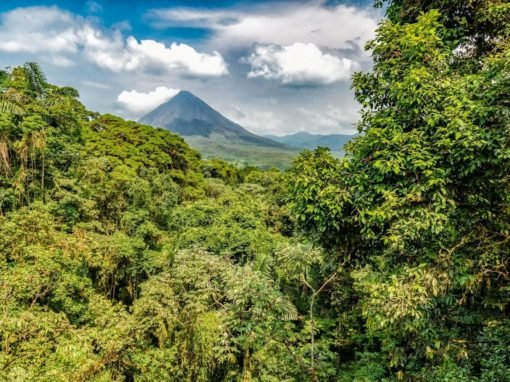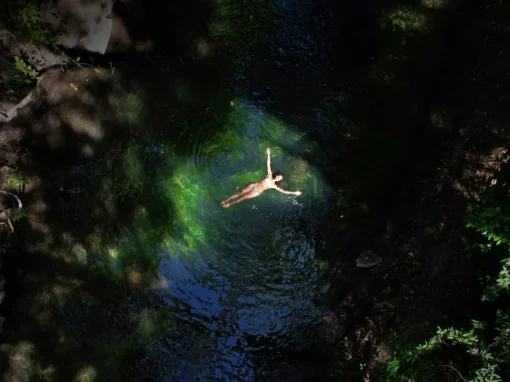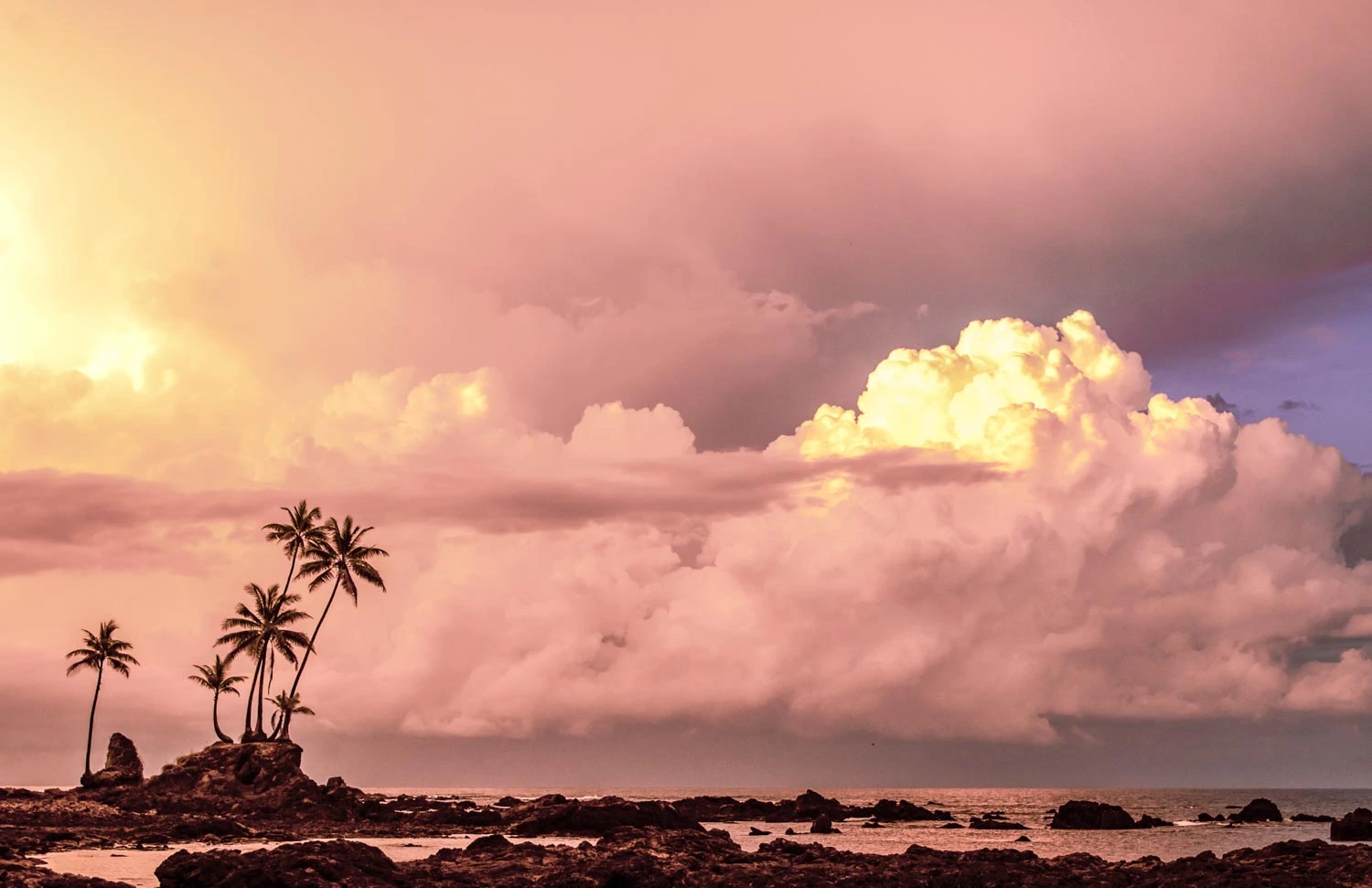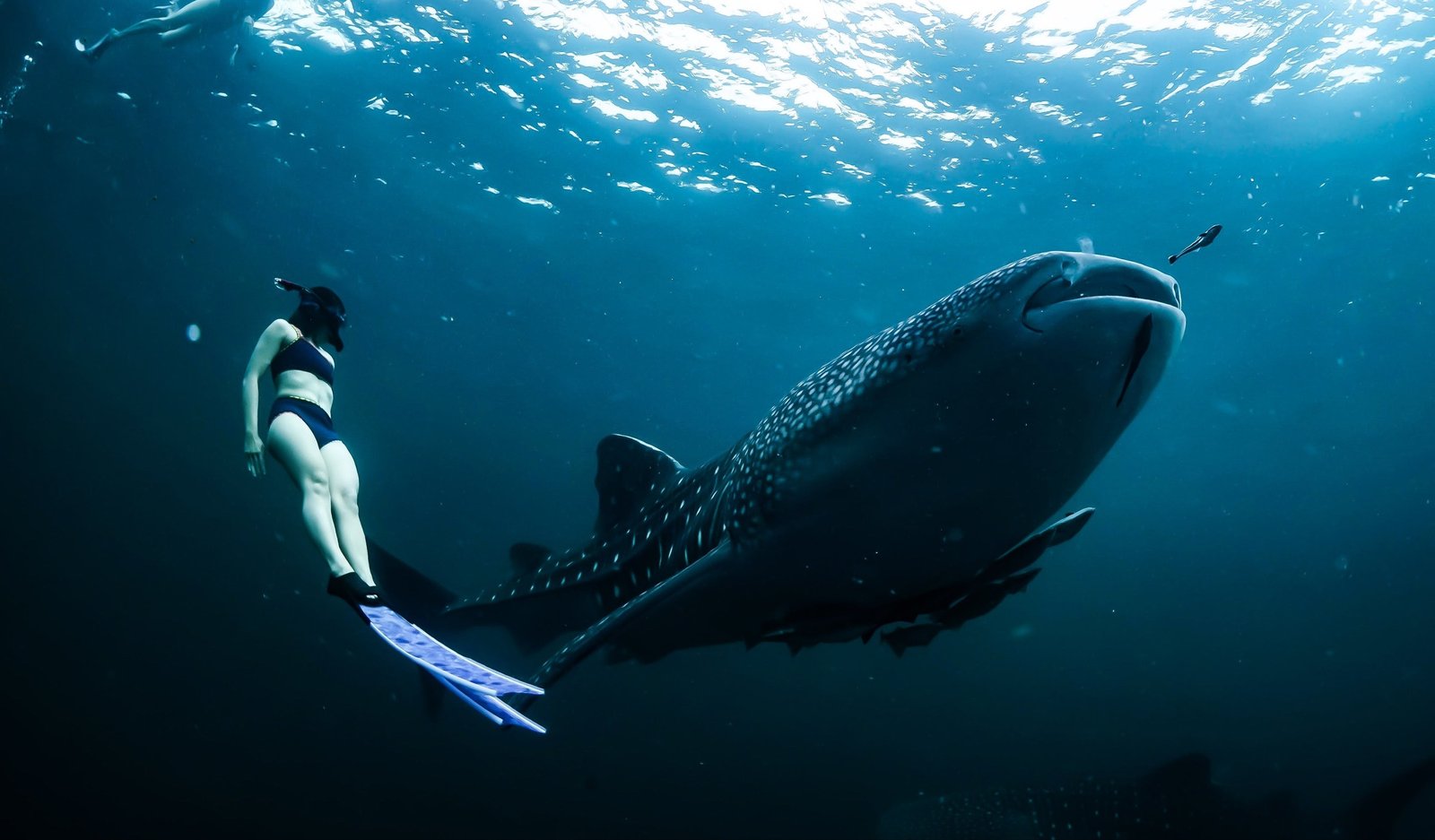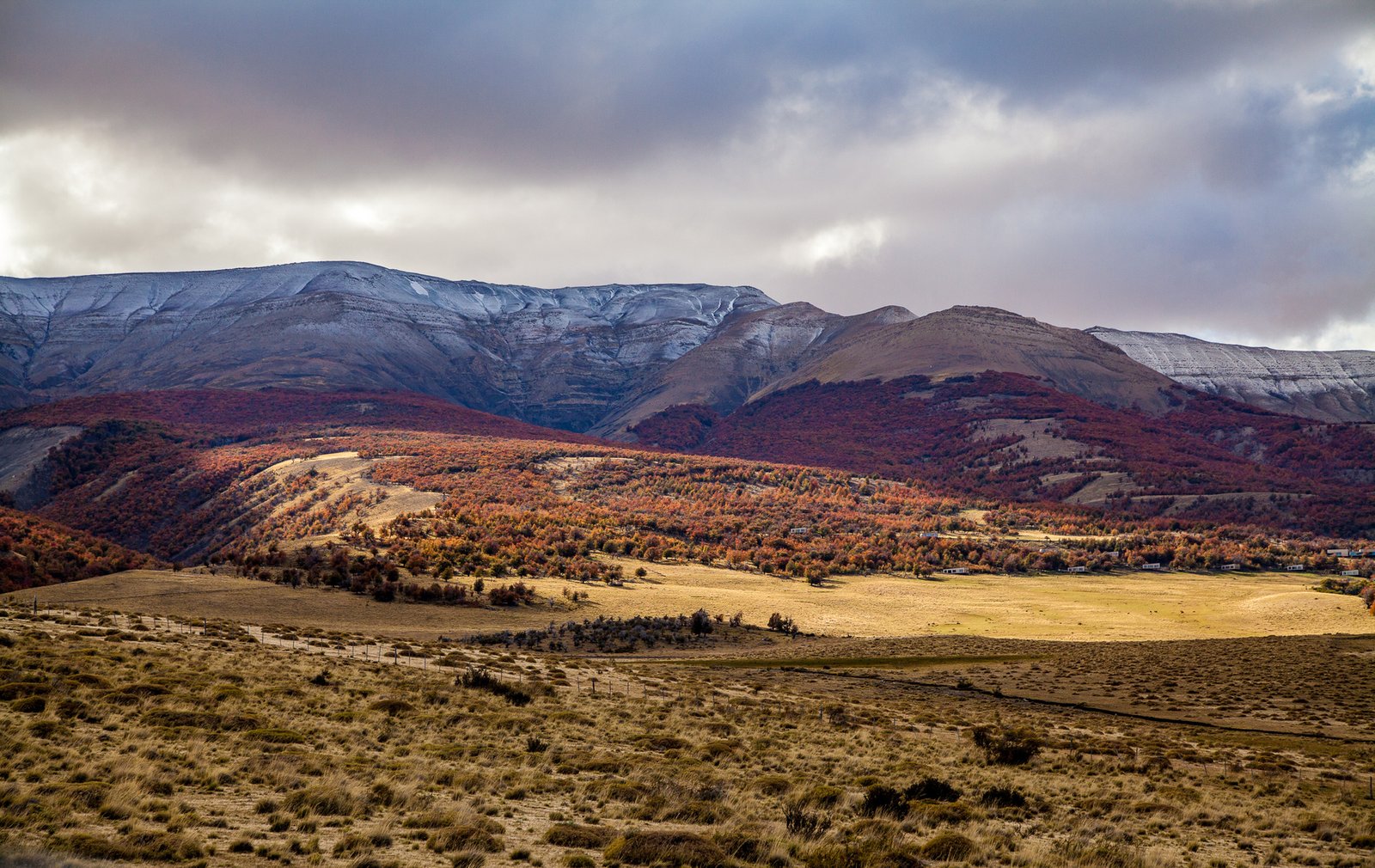Costa Rica
INFO
DESTINATIONS
HOTELS
GALLERY
FAQ
Smile. You’ve LANDED in Costa Rica.
One of the most sought-after destinations in Central America, Costa Rica is a verdant paradise that’s a short flight away from most US cities. Come be enchanted by the temperate climate, friendly residents, and natural wonders of Costa Rica!
LANGUAGE SPANISH
CURRENCY COLON
READ THE QUETZAL & THE MACAW
SIP & TASTE REFRESCO & GALLO PINTO
EXPERIENCE ZIPLINING IN MONTEVERDE
Start your journey today
Speak with one of our travel designers and let us create a tailored itinerary for you
Destinations
Where to go in Costa Rica
Adventures you can’t miss
LANDED provides personalized, custom travel within Central America, South America, and the Antarctic. We’ll create a unique itinerary plan tailored to your interests and dreams. Experience the trip of a lifetime. Please speak with one of our expert travel planners today at 801.582.2100.
Luxury accommodations in Costa Rica
Whether you’re looking for the bustling night life of the city or a beautiful rainforest getaway, Costa Rica’s hospitality scene is ready to welcome you. Find the perfect luxury hotel to match your travels, no matter if you’re looking for an ultra-modern resort or a boutique, historic hotel.

Lapa Rios
Puntarenas

Nayara Tented Camp
La Fortuna

Pacuare Lodge
Limon

Pasha
Santa Teresa
Albums & Stories
Gallery
FAQ
What is the best time to visit Costa Rica?
May is the first month (a “shoulder month”) of the Green Season in Costa Rica. Costa Rica has only two seasons: The Dry Season (or High Season) and the wetter Green Season (or Low Season):
Green or Low Season or Winter: May to mid-November
Rainiest Month: October in most areas
Dry or High Season: late November to mid-April
Costa Rica is a tropical country with complex weather patterns. During any month, you can have one day of hot sunshine followed by a day of intermittent showers (usually in the late afternoon).
The two seasons are half-year periods characterized by general trends of higher or cooler temperatures and greater or lesser rainfall. The Green Season is generally the time of year when most of the country experiences some rain. Many people actually prefer to vacation during the green season when there are fewer crowds, the climate is cooler, and the land is greener.
Green Season Advantages:
Fewer tourists
Greener landscape
Lower hotel prices
Sea turtle nesting season (Tortuguero, Osa and Nicoya)
Sport fishing peak season (Nicoya, Osa and Quepos)
Whale watching (Nicoya)
Surf swells are best
Best river rafting (e.g. Pacuare in June, July, October, November)
Dry Season Advantages:
Easier to get around rural areas with dirt road (Tambor, Liberia, Tamarindo, Osa)
Sunnier weather
Better (clearer) water for scuba diving and snorkeling
What language is spoken in Costa Rica?
What should I pack for Costa Rica?
- Passport (Put the original in the hotel safe and keep a copy with you at all times)
- Mobile phone
- US drivers’ license (as ID for purchases and for car rental)
- Health insurance card (the card or paper issued by your health insurer showing proof of insurance)
- US dollars in small denominations ($20s, $10s, $5s and $1s)
- ATMs are available and major credit cards are accepted at most restaurants and hotels. Please confirm your travel dates and destinations with your card issuers before you leave the USA.
- Airline tickets for international flights
- Insect repellant
- Sun protection (block, hat and glasses)
- Camera, batteries, and data cards
- Binoculars (optional, for wildlife viewing)
- Prescription medications
- Rain / wind jacket
- River shoes or river sandals
- Synthetic fleece pullover
- Swimwear
- Casual clothes
- Comfortable walking / hiking shoes
- Dark, long sleeved / legged clothing (Tortuguero and other turtle nesting destinations)
- Small flashlight
How safe is Costa Rica?
Costa Rica is generally quite safe; however, common sense precautions are still important. As a general rule, you should not be out in the streets alone after dark. Stay in well-lit areas. Keep money out of sight and in a money belt. Keep your travel documents in the hotel safe or concealed. Please ask your guide for additional safety advice.
Keep in mind that pedestrians do not have the right of way in Costa Rica. Use caution when crossing roads and do not assume that vehicles will stop for you.
Want to know which options are right for your Costa Rica vacation? Speak with one of our Costa Rica experts today, at 801.582.2100.

